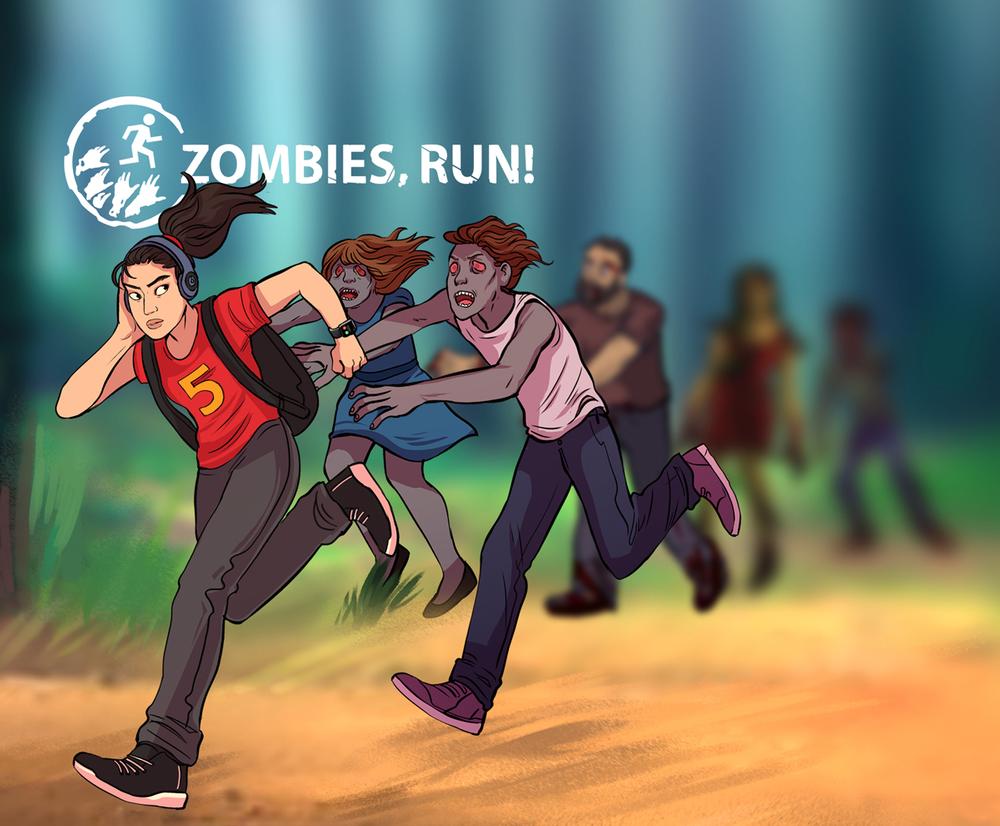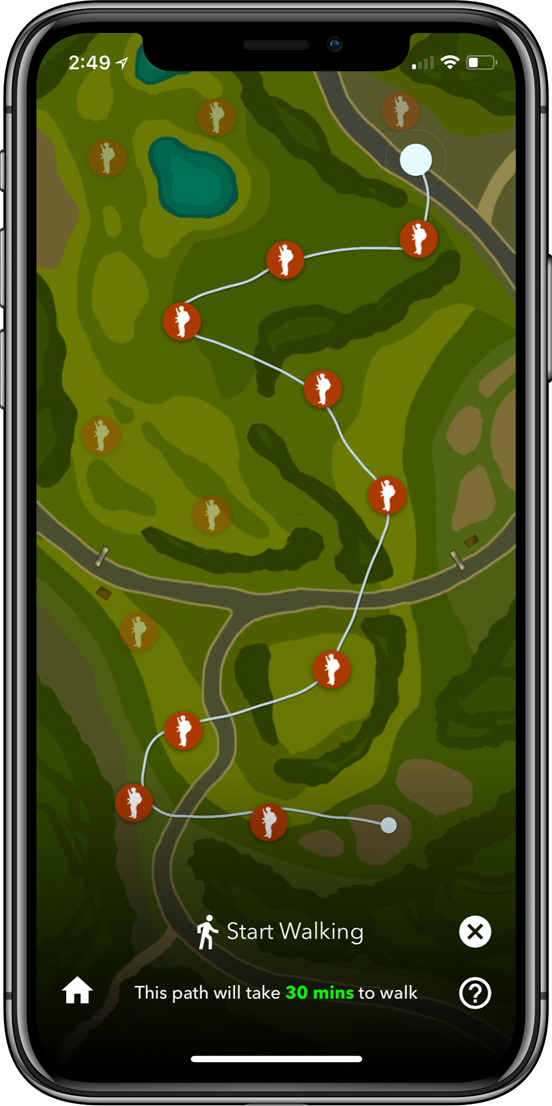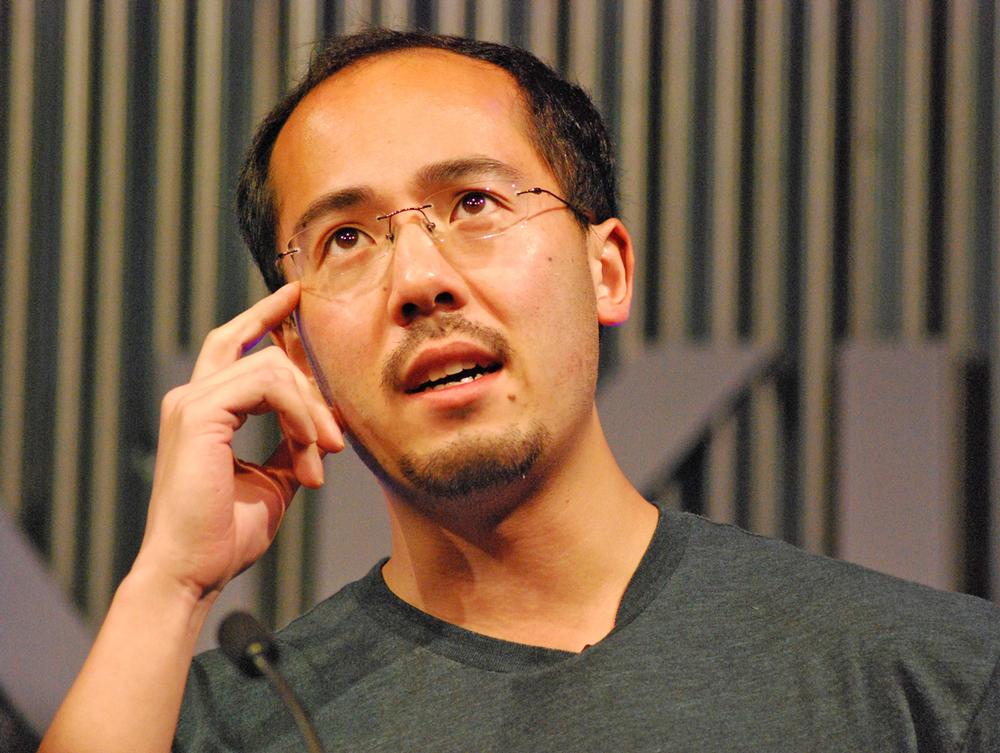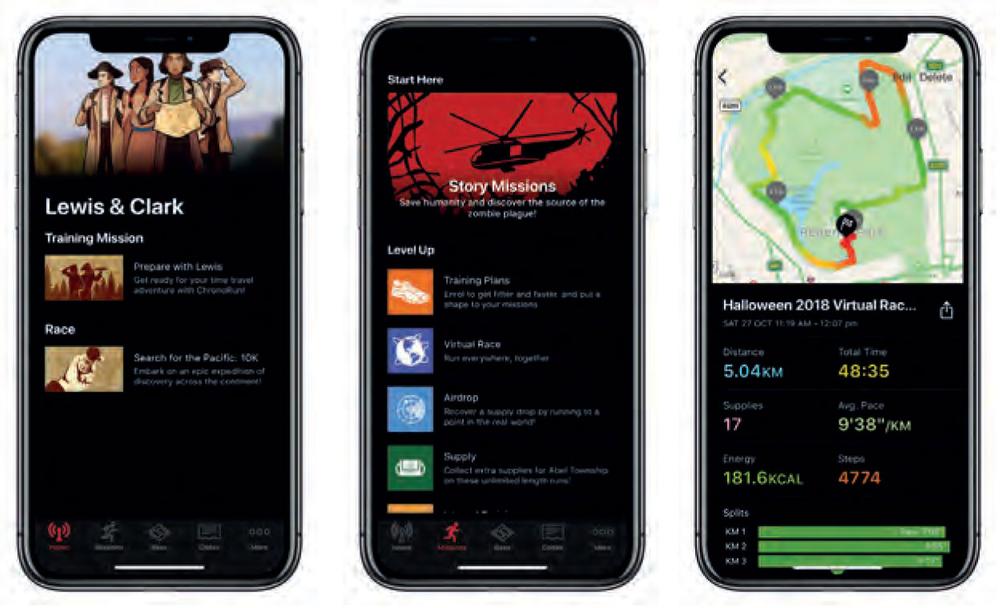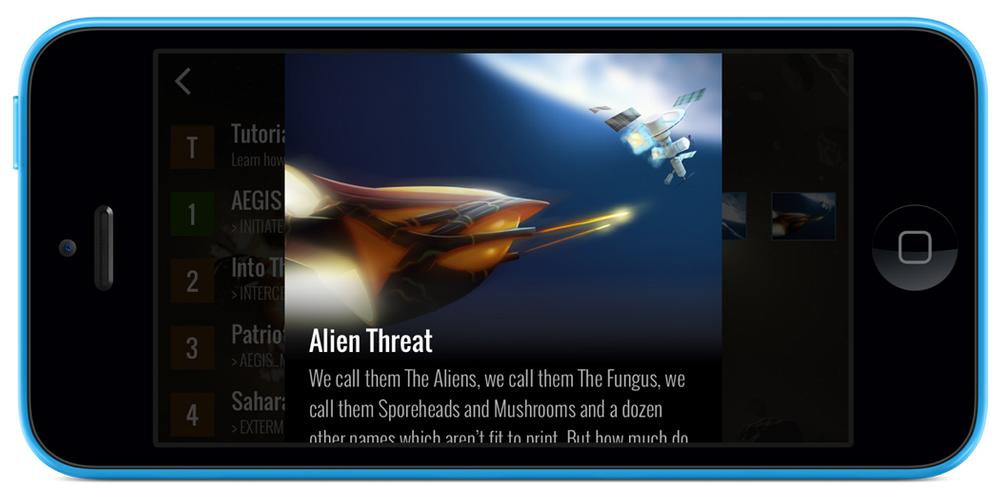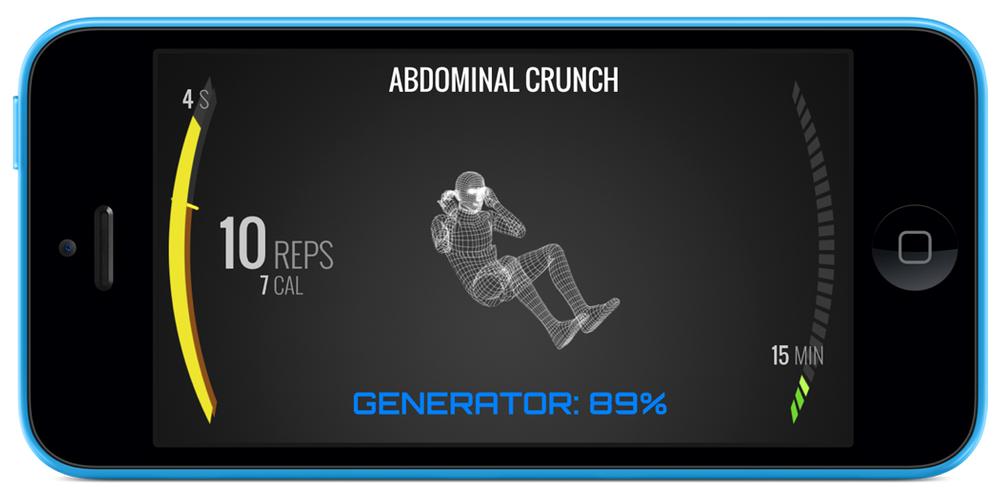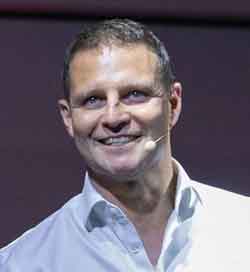What’s your background?
I originally trained as an experimental psychologist and neuroscientist at Cambridge, Oxford and UCSD (University of California San Diego), but I was always interested in games that mixed storytelling with the real world. Shortly after I started a PhD at Oxford, I left to help found Mind Candy in 2004, a games company in the UK, and a few years later I co-founded Six to Start, which specialises in games that combine storytelling and the real world, and which I still run today.
How did your training in neuroscience influence your approach to fitness games?
I think it’s a mistake to take scientific research and try to apply it directly to fitness solutions or gamification – the reality is far messier than the headlines or even scientific papers would have you believe! But it did teach me about the importance of repetition and training and addiction; that while it’s easy for people to fall into bad habits, humans are fundamentally always good at learning and can learn to adopt new behaviours. The problem is that everyone’s different and there’s no one-size-fits-all solution!
What did you envision when you began Six to Start?
We’d hoped to make games and do consulting for big companies like the BBC, Disney and Microsoft, and then use what we’d learned and the money we’d made to make our own games.
We were very successful in the first step and won lots of awards including Best of Show at SXSW, but the market was extremely competitive and it was very hard for a small company like ours to make a profit, so it took much longer than expected for us to get in a position to launch Zombies, Run!
How did the idea for creating immersive fitness games come about?
I’ve always wanted to make games that help people achieve their goals. Since I was a kid, I enjoyed games like Mavis Beacon Teaches Typing and Dance Dance Revolution. It’s a shame there aren’t more, and it’s a shame that most educational or instructional games are so boring or ineffective, so making one for fitness was obvious for me, especially as I started running a lot when I was at university.
You’re best known for Zombies, Run! but what other fitness games have you made?
Zombies, Run! was our first proper fitness game, launching in 2012, which we quickly followed up with Zombies, Run! 5K Training later that year. At the end of 2013, we launched The Walk, then in 2014 we had the Superhero Workout, Step Buy Step: A Pedometer Adventure, and Dungeon Runner: Fitness Quest. Finally, in 2017 we launched Racelink, our white-label running app for charities and non-profits.
Tell us about Zombies, Run! – where did the concept come from?
It came from two places: firstly, I’d always wanted to make a running game for smartphones, and I knew that there was a great opportunity to rely on audio gameplay and storytelling to avoid runners having to look at their phone all the time.
Secondly, our co-creator and lead writer Naomi Alderman had just joined an online running group, and when asked what they wanted to achieve, some said they wanted to lose weight or get fit, and one person said they wanted to survive the zombie apocalypse! I groaned when I heard that, since even in 2011 it felt like zombie media was everywhere, but we realised it was a great premise for a game that was all about running.
Did you work with fitness experts?
We worked with fitness experts to design our Zombies, Run! 5K Training plans, and we always consult fitness literature when we design other training plans and features like zombie chases that mimic high intensity interval training. But I think there’s a danger in relying too much on experts and literature as ultimately we need to make sure this all meshes well with fun gameplay and storytelling and technology.
How have you improved Zombies, Run! over the years?
We’ve added a ton of new content and missions – we have something like 500 missions and workouts now, which would take years for a new player to get through. Most of that is in our main ‘zombies’ storyline but we also have ‘New Adventures’ that are comedy, romance, sci-fi, fantasy, factual, you name it. Then we have features like virtual races, location-based running, leaderboards, milestone emails – we’re adding things every month.
What are the challenges with creating a game like this?
There are so many! Our half a million players have an insatiable demand for new stories and workouts, so our writers are always busy filling those. It’s not just a question of “grr, there are more zombies coming!”, we have to make gripping, thrilling stories that will keep people coming back day after day.
Then we always have new features and devices we need to support, like smartwatches and Apple Healthkit and Siri, which takes time to develop. Finally, all smartphone apps need to be constantly maintained since they’ll otherwise basically stop working within a year or two as new versions of iOS and Android are released.
How long do users stay with the game, on average?
A lot of people just try it once and leave, but most people stay for months if not longer. We’re strong believers in the importance of storytelling and gameplay to keep people engaged and motivated to run on that rainy Sunday morning.
Who are the target audiences for your fitness games?
I know it’s a cliché, but it really is everyone. We try not to design games for a specific audience because we think that a great game can be fun and accessible for everyone.
Do you think online fitness classes, etc, could benefit from incorporating elements of story, adventure and game?
Oh absolutely. We have so many ideas for different kinds of exercises, some of which will make it into Zombies, Run! I know there are some online fitness classes that use elements of role playing but it’s hard being a great storyteller AND a great fitness instructor.
What are you working on at the moment?
We’re 100 per cent focused on Zombies, Run! We want to keep improving the core zombie-centric gameplay and storyline while also experimenting with new kinds of stories and workouts.
Last year we launched a free series of home bodyweight workouts within Zombies, Run! called The Home Front, which was super fun, and I think we’ll do more of that in the future!
What advice would you give the general fitness industry?
Incorporating story and gamification can have a huge impact. Zombies, Run!, Pokemon Go, VR fitness games, Nintendo’s Ring Fit Adventure – these are played by millions of people already!
The general fitness industry has a lot to teach us in terms of how to exercise safely and effectively and how to motivate people on a personal level, but they also have a lot to learn in terms of how to use technology and gaming and storytelling effectively.








